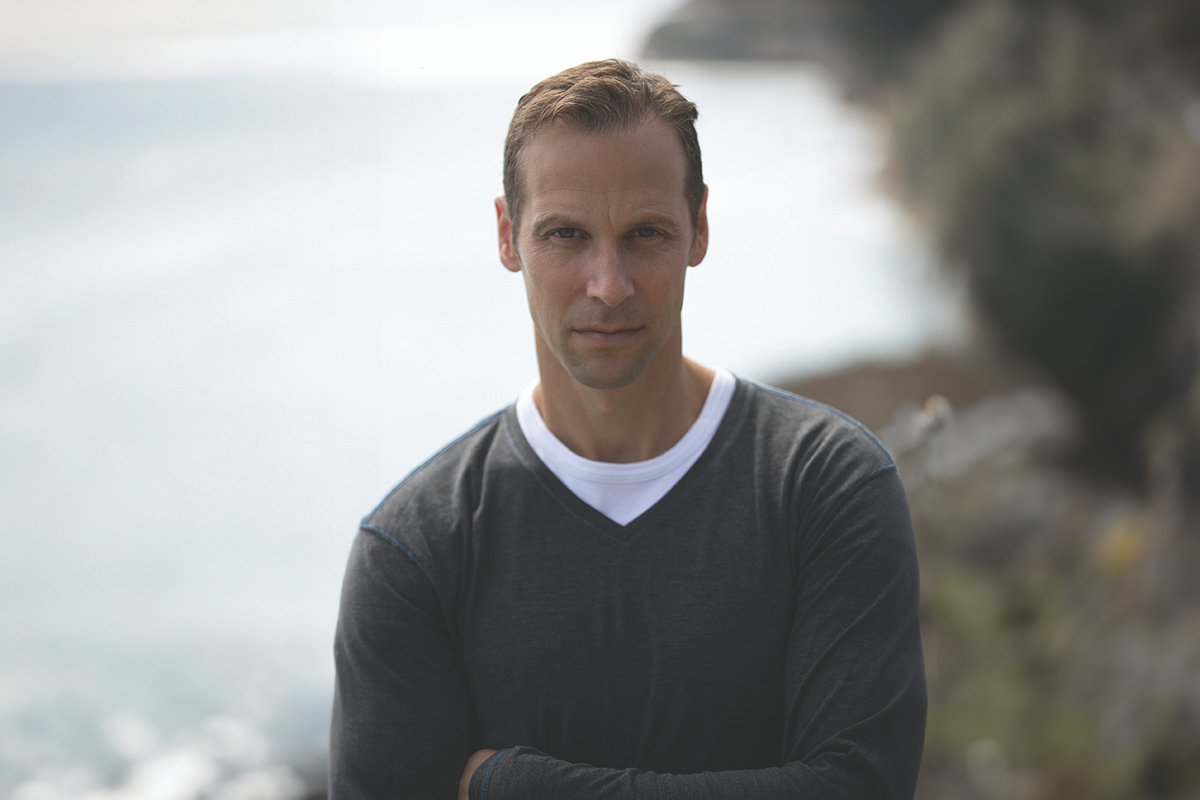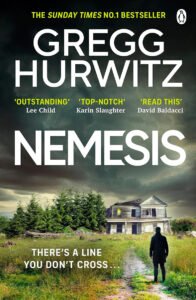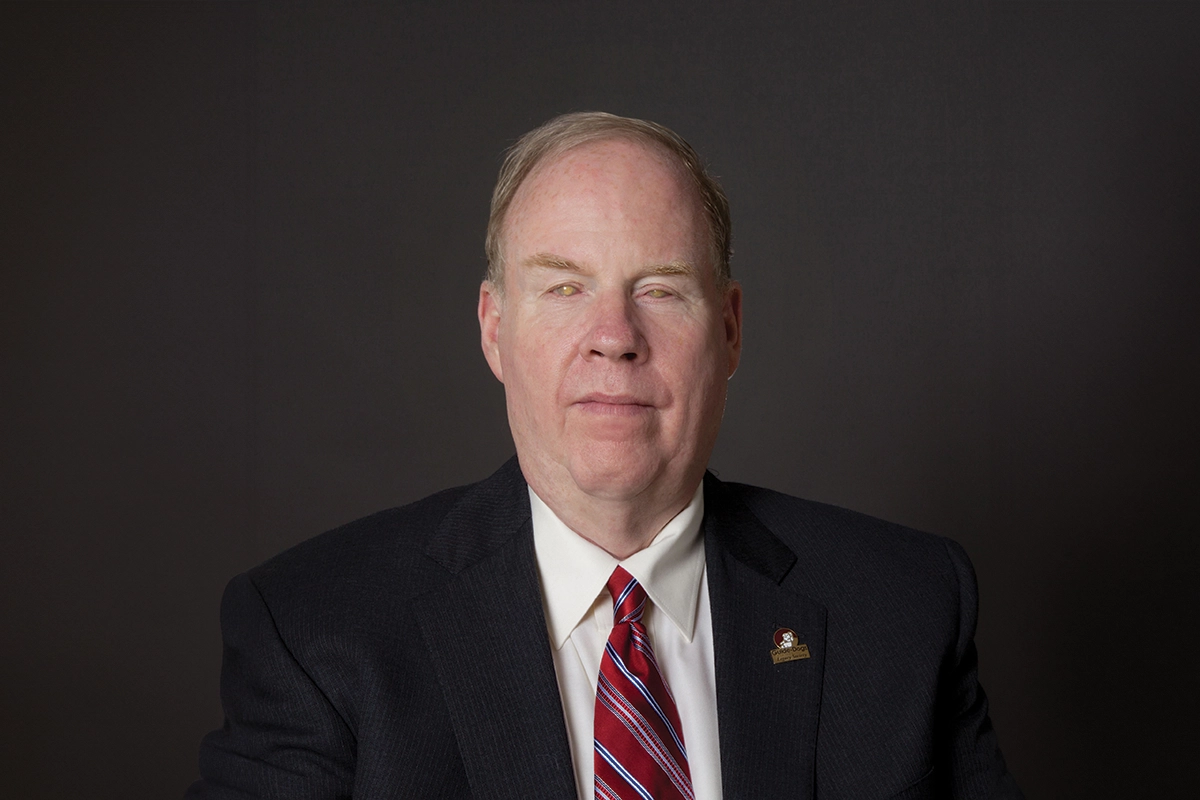Gregg Hurwitz Leads the Charge in the Art of Creative Storytelling

Photo: Gregg Hurwitz: The Mastermind Behind The Orphan X Series And A Visionary Storyteller Of Our Time. Photo by Gary Fleder
Exploring the Life and Works of a Literary Sensation
Gregg Hurwitz discusses the evolution of his iconic Orphan X series, his dynamic career across creative mediums, and his thought-provoking efforts to bridge political and cultural divides.
Gregg Hurwitz is a tour de force in the world of storytelling, a master craftsman whose stories have enthralled millions of readers and viewers across the globe. With a literary repertoire that spans 24 internationally bestselling thrillers, including the captivating Orphan X series, Gregg’s work has become synonymous with pulse-pounding action, complex characters, and narratives that delve deep into the human psyche. His ability to weave high-stakes drama with heart-stirring emotional depth is unparalleled, earning him a place on the New York Times bestsellers list and the hearts of thriller enthusiasts in over 33 languages worldwide.
But to label Gregg Hurwitz as merely an exceptional novelist would be an incomplete portrait of his artistry. This is a storyteller who has left an indelible mark on every medium he has touched, from film and television to comic books and poetry. His contributions to iconic franchises like Batman and Wolverine show his flair for breathing new life into beloved characters, while his original creations, such as the indomitable Evan Smoak, reveal his ability to craft heroes that resonate deeply with readers long after the final page is turned. It takes a rare gift to blend cerebral depth with explosive action, and Gregg does so with unerring precision, keeping us transfixed and on the edge of our seats.
Beyond the brilliance of his fictional creations, Gregg is a thoughtful observer of the human condition. His exploration of themes such as justice, vengeance, and moral ambiguity speaks to his nuanced understanding of the world, while his efforts against growing polarization in politics and culture highlight his courage and conviction. Gregg is not only one of the most prolific and versatile authors of our time, but also a voice of empathy and reason in an era that sorely needs it.
It was a true privilege to sit down with Gregg Hurwitz for this issue of Novelist Post. In this candid conversation, Gregg opens up about his creative process, his dynamic career, and the inspiration behind the unforgettable characters and stories that have earned him his rightful place as a giant in modern literature. Whether you’re a longtime fan of Gregg’s work or new to his page-turning adventures, this interview offers insights into the mind of a storyteller whose words continue to leave an indelible mark on readers worldwide.
Your career spans across novels, screenplays, comics, and even poetry. How do you approach writing for these different mediums, and how does each format influence your storytelling techniques?
Answer: I like to put my head down and blast on one project. Then move to the next and do the same. I don’t do as well working on one thing in the morning and something else in the afternoon. But sometimes when deadlines crowd in on me I’m forced to do that. It takes a lot of focus.
Novels are quite different from, say, screenplays. Books are 400 pages of final product. A script is 110 pages with a lot of white on the page—and they are recipes for a creative work, not the creative work itself. One way to think of a script is as an invitation to collaborate.
The Orphan X series has captivated readers with its intense action and complex protagonist, Evan Smoak. What inspired you to create this character, and how has he evolved over the course of the series?
Orphan X is the culmination of decades of writing and research. It took a lotta years for me to find my way to Evan. And fair enough. He’s a hard guy to find. He was yanked out of a foster home at the age of twelve, raised in a covert black assassin program buried so deep within the U.S. government that virtually no one knows it exists. And I didn’t want this to feel like nonsense Hollywood training, you know, where he’s catching flies with chopsticks. All in an effort to show the process by which a skinny, scared kid from an East Baltimore boy’s home could plausibly transform into Orphan X, a legendary figure in the shadow service. The idea of him derived from my friends who have worked in black ops. I wondered about a program that would take young foster kids, kids no one wanted, that would raise them to be in essence expendable weapons. I wove facts into fiction, all the while concentrating on who my character would be. Once I had a handle on Evan Smoak, I knew that this adventure would follow. And many more.
One of my favorite things about writing Evan Smoak is the way he’s evolved and changed across the stories. When he was first taken out of the foster home, his handler and father figure told him, “The hard part isn’t turning you into a killer. The hard part is keeping you human.” As much as the Orphan X books are a thriller series, they’re also about Evan’s process of learning what it means to be human.
You’ve done extensive research for your thrillers, including sneaking onto demolition ranges with Navy SEALs and going undercover into mind-control cults. Can you share a favorite experience?
Probably when I was with my dear friend Billy Stojack (RIP), who I based the character of Tommy after. We were out at his Vegas ranch hanging out, looking through his gear, and he gave me his big goofy grin, hefted a rocket-propelled grenade launcher, and said, “Wanna go out in the desert and play adult lawn darts?”
In addition to writing fiction, you’ve been actively working against polarization in politics and culture. How do you see your role as an author and public figure contributing to this cause, and what impact do you hope to achieve?
Part of why I’m effective—to whatever extent I am—is that I’m not a political pundit. Being a novelist taught me to burrow deep into different perspectives. When I’m writing a character, I’m trying to pull on the mask of their experience and see the world through their eye holes. When people approach those they disagree with politically or culturally, they are usually trying to prove them wrong. I’m not. I’m approaching with curiosity to see what I might learn.
Your novels often explore themes of justice, vengeance, and moral ambiguity, as seen in The Kill Clause and The Survivor. How do you navigate these complex themes, and what message do you hope to convey to your readers through your stories?
I don’t think of it like this, at least not consciously when I’m writing. All I’m thinking about is character and story. But I suppose what my stories illustrate is how to navigate a world of threat, chaos, and constant change while not compromising one’s ethics. How to hold meaning even in the face of great threat and fear. And how the grace and grit of a single individual can change the world.
You’ve written for iconic comic book characters like Batman and Wolverine. How does writing for established characters in a shared universe differ from creating your own characters and worlds, and what unique challenges and rewards come with each?
Well, there are certainly more limitations. With my books and original screenplays, I can have my characters do anything I wish. But when I’m writing, say, Batman or Punisher, there are constraints around them as a brand. Batman’s been around since before I was born and he’ll be around long after I’m dead. So I view those jobs as holding a public trust in a way. I want my own mark and creativity to be left on the stories I write and I hope to texture the characters in ways that are new and revelatory but I do not own them. They are not mine. They are the best, best toys that the rich neighbor who lives up the street lets me play with. And I’m grateful to have the chance to do so.

Editor’s Note
Nemesis, the tenth Orphan X thriller, is a perfect blend of relentless action and emotional depth. Gregg Hurwitz delivers explosive combat, morally complex characters, and compelling storytelling. Evan Smoak’s personal betrayal adds vulnerability to the high-stakes drama. Though pacing slows at times, this is a gripping, must-read installment in the series.

















